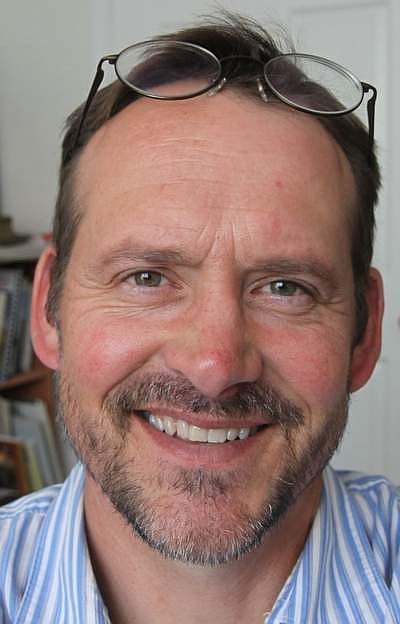With Murry and the chip dippers watching dust on Chena Ridge
When the wind blows, the Tanana River south of Fairbanks lets loose a fine dirt that whirls into the sky like smoke from a quickly-moving fire.
The dirt is called loess and it rises and twirls far above the trees and can be seen miles away.
I saw it while sitting in the front room of the house where Joan and Niilo raised five children.
Niilo was an elderly man with a Santa Claus beard who prefered towels to slacks, especially on Sunday afternoons. He wrapped the ivory colored, fluffy-cotton beach variety around his midsection and the trend caught on with most people who — back in the day — visited Niilo’s home on Chena Ridge southwest of the interior Alaskan capital for a bath.
I went to visit Niilo with a friend of mine who jumped out of airplanes for a living. He was paid for that, and Hollywood made movies about it, but his work wasn’t all that glamorous. After jumping out of airplanes he often spent days on the ground clubbing tongues of tundra fire with brooms made of small spruce trees, or gunny sacks filled with moss, and digging out smoke holes with his fingernails to ensure no embers burned underground.
My pal was a BLM smokejumper based at Fort Wainwright, and he pointed out to me the dust rising from the Tanana River.
“Every year we get calls from people who report a fire out there, but it’s just the loess,” he said.
My buddy — Murry was his name — was at the time the oldest working smokejumper in the U.S. At the age of 59 years, he still jumped from planes and dragged heavy gear to fires all over the place. And that is why he visited Niilo and the people on Chena Ridge Sunday afternoons when he wasn’t fighting fires.
Niilo’s was a bathhouse and Niilo expected visitors to come as they were, plop into the community tub, drip dry on his wooden floor, and lounge around his kitchen table afterward, half naked, eating potato chips and dip with a towel around their waist.
Murry wasn’t a chip guy, so he visited solely for a weekly hot bath, to relieve the muscle aches and to talk with Niilo and his wife, Joan, who were both in their 70s back then. Murry had been stopping by on a regular basis since the mid-1960s when all of Fairbanks was one big construction camp, he said.
Even earlier, Joan and Niilo’s was the only place on Chena Ridge with hot running water, so the couple wanted to spread their wealth around. They offered their ridge-tromping neighbors the luxury of a bath every Sunday evening.
“It was the only time a lot of them bathed,” one of the many people sitting half naked around the kitchen table under a low ceiling and a couple wood stoves explained to me.
Several attorneys dripped around the table with Murry and me. As well as a couple of college professors, a schoolteacher and a construction crew road boss who stripped in the living room and walked to the tub grumbling.
Some of the chip dippers asked Murry about the book he had written and he said his book was a sort of biography called “Jumping Fire.” It was basically the story of smokejumping in Alaska with lost love as a subplot scrambled into the mix.
The naked chip eaters at the table seemed impressed that my pal, Murr, Old Leathersack, had written a book, but when the table talk turned to 16th century nobility, Murry, who prefers conversations on land use, fire or friendship, politely put on his pants and boots.
Fully clothed among the newly-clean, I shook hands with Niilo who sat silently by the window overlooking the 160 acres he had had homesteaded a half century earlier, and at the dust blowing from the Tanana River.
“That sure looks like smoke,” I said because I didn’t know what else to say.
“Just dust,” he nodded, adding, “Feel free to have a longer bath. The water’s still warm, and there are plenty of towels.”
•••
Ralph Bartholdt is a staff writer for the Coeur d’Alene Press.

